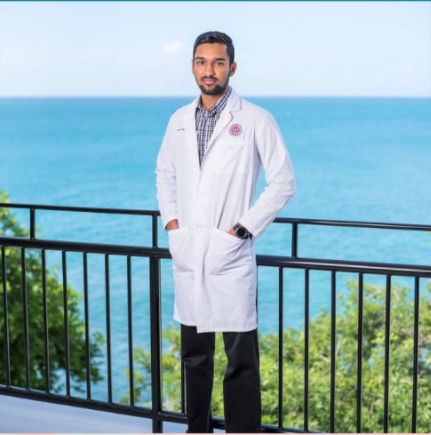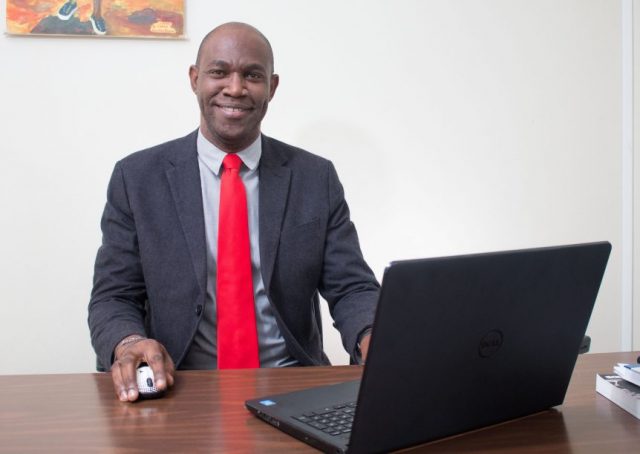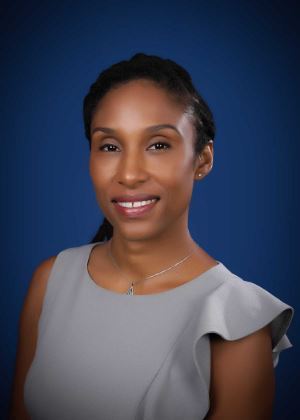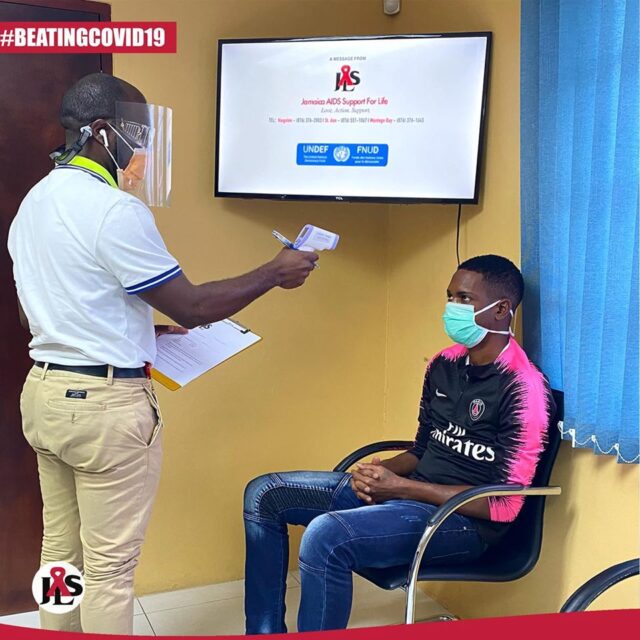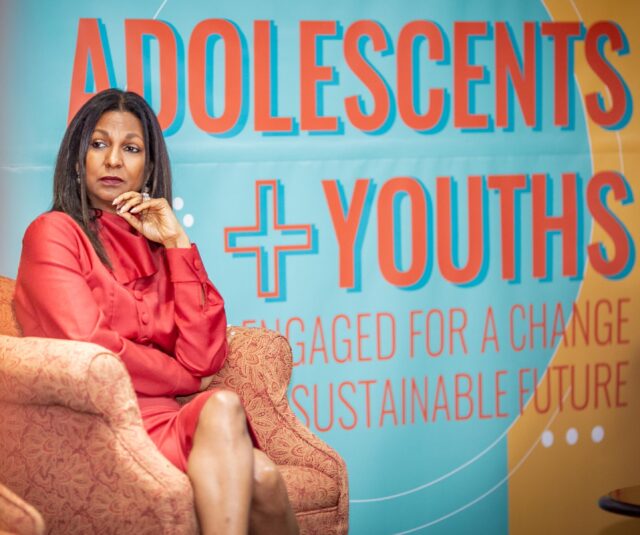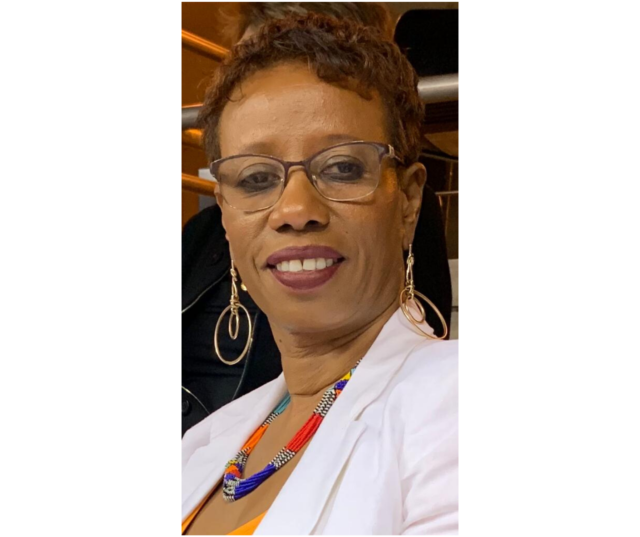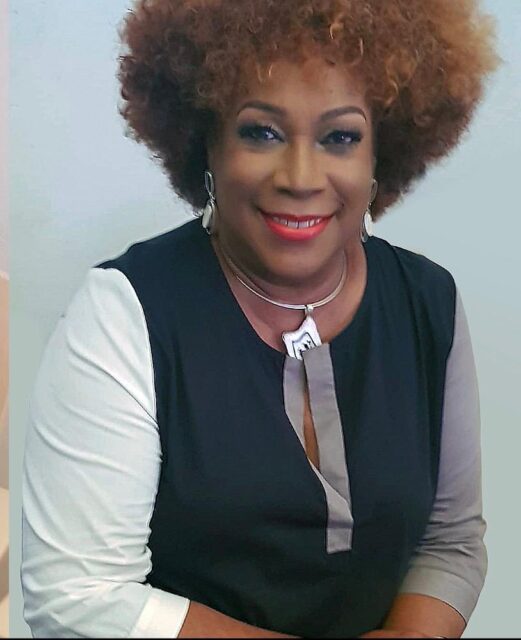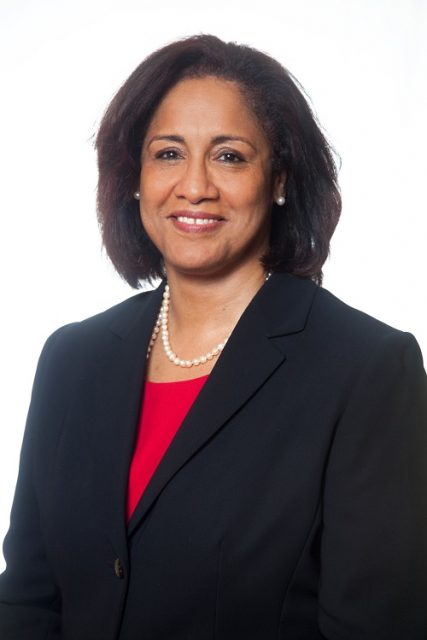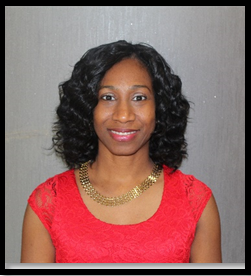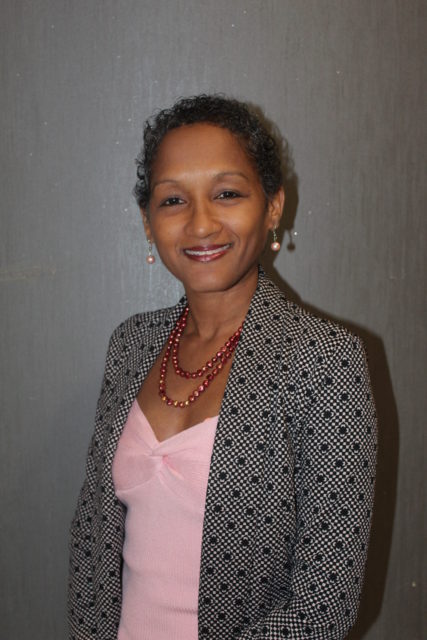Vishnu Singh is a medical student at St. George’s University, Grenada. In this edition of the PANCAP Newsletter, he discusses his experiences as a medical student during the pandemic.
“In early January, I travelled to California to study for my medical examination. By mid-March, I was mentally exhausted from studying for long hours every day and was eager to take the exam and return home. On my scheduled date, I endured the gruelling 8-hour long test, all the while thinking it would be over soon and worth it once I got home to relax. However, life threw a curveball, and when my exam was done, I was informed that Guyana’s airport would be closed to all incoming flights on the following evening due to COVID-19. I panicked to search for flights that would arrive before the airport’s closure. When I realised that it was impossible to arrive in Guyana on time, I was deeply disappointed. I followed the news daily to learn of any plans for repatriation flights.
Considerable time was spent communicating with consulates, filling out the repatriation form and waiting for feedback and then making arrangements to take my PCR test. It was tough for me to deal with the uncertainties, and I felt as though I was slowly losing my mind while waiting for good news. I decided to use that period to achieve some of my personal goals that were long overdue and also to take up some new hobbies, like meditation.
Finally, in mid-June, I was informed of my placement on a repatriation flight to Guyana. The flight itself was difficult, especially having to wear my mask for the entire time, but I knew it was necessary to stay safe, and I made it home in one piece. Upon return, I spent the first week at home under self-quarantine. An official from the Ministry of Health called me daily to check on me. I spent the next month trying to balance virtual classes and assist with the family business.
In early August, I returned to the USA via another repatriation flight to begin my third year of medical school. I was hesitant to start my training at such an unprecedented time, but I realised that medical assistance is needed now more than ever, and I must play my part.
Although COVID-19 posed many challenges for me, I constantly remind myself that my life could be much worse, and I should be grateful for all that I have. We need to remind ourselves of the positives and focus on the good things. I want to encourage you all to do this, stay safe and keep playing your part in this fight against COVID-19”.

